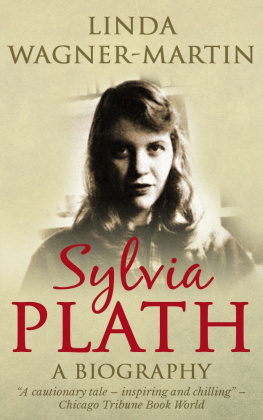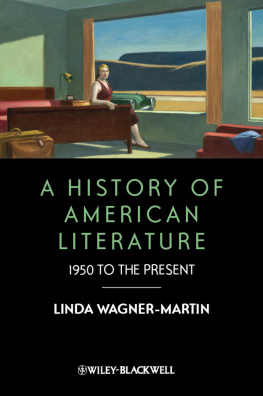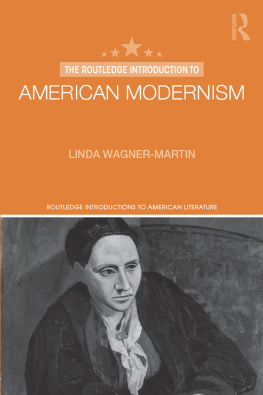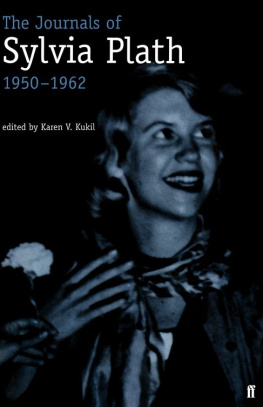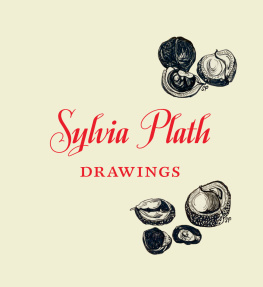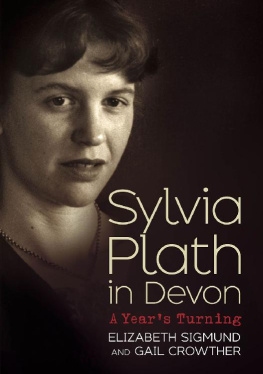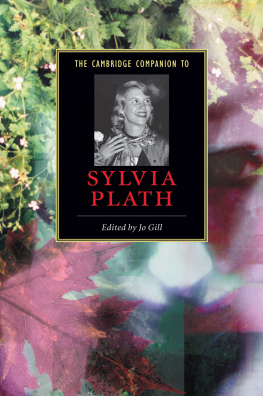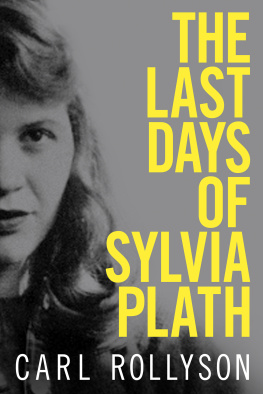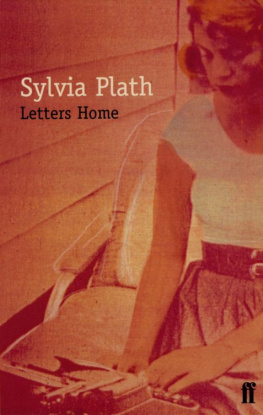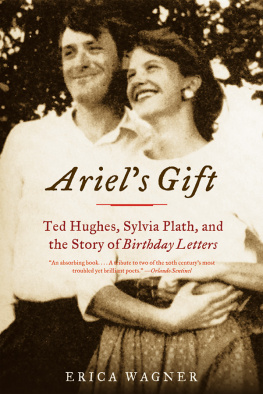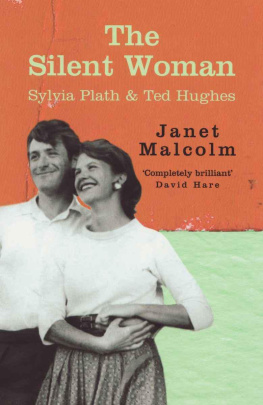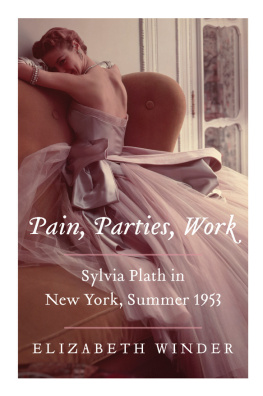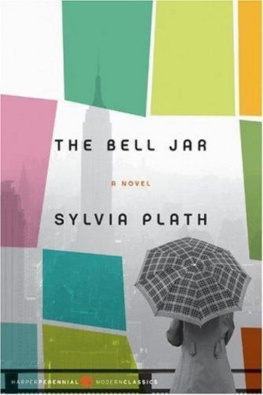Linda Wagner-Martin - Sylvia Plath: A Biography
Here you can read online Linda Wagner-Martin - Sylvia Plath: A Biography full text of the book (entire story) in english for free. Download pdf and epub, get meaning, cover and reviews about this ebook. year: 2014, publisher: Endeavour Press, genre: Non-fiction. Description of the work, (preface) as well as reviews are available. Best literature library LitArk.com created for fans of good reading and offers a wide selection of genres:
Romance novel
Science fiction
Adventure
Detective
Science
History
Home and family
Prose
Art
Politics
Computer
Non-fiction
Religion
Business
Children
Humor
Choose a favorite category and find really read worthwhile books. Enjoy immersion in the world of imagination, feel the emotions of the characters or learn something new for yourself, make an fascinating discovery.
- Book:Sylvia Plath: A Biography
- Author:
- Publisher:Endeavour Press
- Genre:
- Year:2014
- Rating:3 / 5
- Favourites:Add to favourites
- Your mark:
Sylvia Plath: A Biography: summary, description and annotation
We offer to read an annotation, description, summary or preface (depends on what the author of the book "Sylvia Plath: A Biography" wrote himself). If you haven't found the necessary information about the book — write in the comments, we will try to find it.
Today she is widely recognized as one of the outstanding poets of the century.
When her Collected Poems was published it won the Pulitzer Prize. Her only published novel, The Bell Jar, has become a modern classic.
Because Plath drew so heavily on her own life in both her poetry and her fiction, the outlines of her life are familiar to readers.
But, like most writers, Plath changed the facts of her life in her writing.
In this biography, the first to draw on unpublished journals and letters recently made available, Linda Wagner-Martin examines the ironies and contradictions of Sylvia Plaths life, as well as her achievements.
Everyone who knew Plath described her as talented, attractive, out-going and seemingly self-assured. Yet in her diaries and letters Plath reveals herself racked by insecurities and doubts.
An outstanding and popular student, she attempted suicide while she was still in college, and ten years later she was only just beginning to achieve recognition as a writer when she ended her life. Yet she had a remarkable ability to transform her suffering into art: her anger at the collapse of her marriage, for example, became the remarkable poetry of Ariel, most of which she wrote in a single month.
Linda Wagner-Martin traces the origins of Plaths lifelong emotional problems to the untimely death of her father and to the complex relationship that Plath and her mother developed.
Ironically, Plath would find herself in a situation similar to her mothers when she separated from her husband, poet Ted Hughes, and faced the prospect of trying to launch her writing career while raising two young children.
In her determination to be both wife and mother, on the one hand, and teacher and writer on the other, Plath tried simultaneously to fulfill and to fight the conventions that bound women in the 1950s.
Throughout her life Plath felt herself pulled in opposing directions. Her genius as a writer lay in her ability to express her complicated emotional life in poetry and fiction that continue to move us today.
Overwhelming. One reads and wants to weep as the end approaches ... Linda Wagner-Martin has brought to this biography a sense of the power, beauty, joy and anguish especially of Sylvia Plaths last great poems. David Ignatow, Bollingen-prize winning poet
Holds a readers interest from beginning to end. An impressive job of revealing this complex, precocious, talented and haunted woman. Caroline R. Barnard Hall, The Philadelphia Inquirer
The poignant and paradoxical chronicle of a woman who, though she married and had children, remained an emotional child while at the same time composing the poems of a major, mature artist. Anne Bernays, novelist
Her poetry her writing, her life--touched generations of women. Sylvia Plath emerges as a middle-class woman of the 50s, for whom perfection as wife, mother and social planner became as important as perfection in writing. This work draws on extensive interviews, unpublished journals and previously unavailable letters ... a cautionary tale - inspiring and chilling. Barry Silesky, Chicago Tribune Book World
Linda Wagner-Martin has won teaching awards at Michigan State University and UNC. She is currently the president of the Ernest Hemingway Foundation. Among her fifty edited and written books are biographies of Sylvia Plath, Gertrude Stein, Ellen Glasgow, Barbara Kingsolver, and Zelda Sayre Fitzgerald.
Endeavour Press is the UKs leading independent publisher of digital books.
Linda Wagner-Martin: author's other books
Who wrote Sylvia Plath: A Biography? Find out the surname, the name of the author of the book and a list of all author's works by series.

